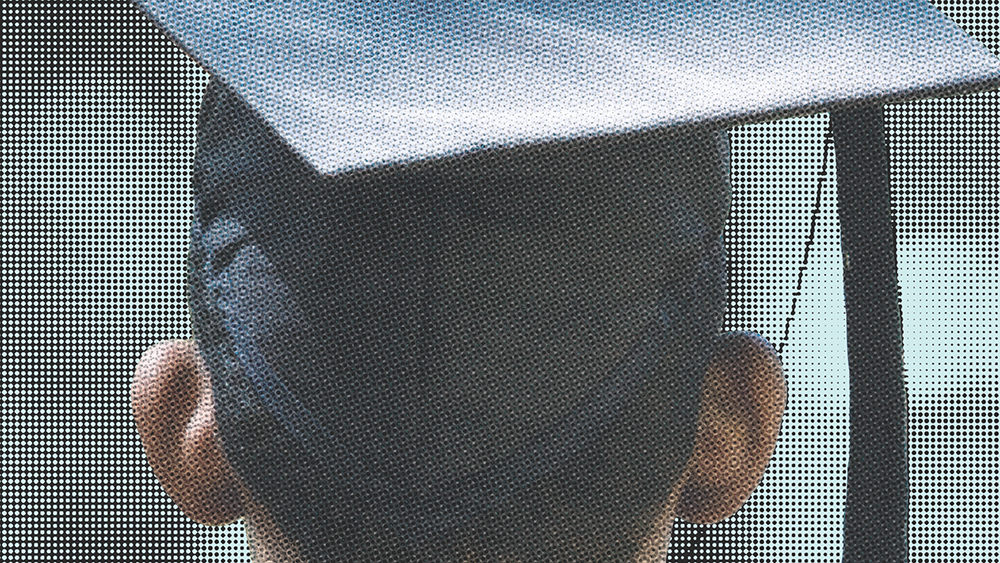
By Danna Lorch
When Anita Hill received a grant from the Ford Foundation in 2019, she could not have imagined how higher education would radically shift in 2023. The award, titled Imagining Equality for the 21st Century, supported her work relating to the formation of independent working groups, the development of a related PhD-level seminar, and follow-up research.
“From the beginning, the idea was that 20th-century higher education has kept ideas about equality inside a box,” Hill says. “Typically, equality issues in higher ed are only dealt with in terms of law. In addition to being a legal concept, equality is also a cultural concept, incorporating aspects of sociology and economic thought.” Hill, University Professor of Social Policy; Law; and Women’s, Gender, and Sexuality Studies, and David R. Pokross Professor of Law and Social Policy at Heller, wanted to be able to teach about and research equality issues from a spectrum of intellectual perspectives.
For the first two years of the grant, Hill, a noted expert on gender, race, social policy, and legal history, ran the Social Welfare Tutorial, two graduate-level working groups with master’s and PhD students. In 2020, with professor of politics Dan Kryder, she co-taught a Graduate School of Arts and Sciences-Heller PhD-level Social Justice and Democracy Seminar focused on combating gender-based violence through politics.
The course requirements began with a summer internship. Students gained impactful work experience at grassroots, community, and civil society organizations, including Survivors’ Agenda and the Victim Rights Law Center. Of the cohort of six students, some wrote PhD dissertations related to the seminar’s topic. Hill says, “Seeing students apply their research skills to the internships, engage with these topics in the classroom, and then go on to write their dissertations, was an effective way to keep people thinking about these issues.”
The landmark June 29, 2023, Supreme Court ruling Students for Fair Admissions, Inc. v. President and Fellows of Harvard College and Students for Fair Admissions v. University of North Carolina et al. sent a shock wave not only through Hill’s research focus but also through the wider higher education community. While the decision that affirmative action in college admissions was unconstitutional according to the Fourteenth Amendment intrinsically changed admissions, the wider applications of what became known simply as SFFA were arguably even more dramatic.
In fact, the topic of Heller’s annual Joshua A. Guberman Lecture in 2024, which honored Hill as the speaker, was affirmative action and the future of education. Her talk shared initial research findings from her Ford Foundation grant (which by that point had received an extension through 2024).
She says, “I made a pivot as I was coming close to the end of this grant to start looking specifically at some outcomes triggered by the case becoming legislative policy at state levels and how that affected the day-to-day lives of ordinary people in colleges throughout the country.”
Hill is currently examining how SFFA implementation will vary on a state level and whether it will in fact create a dual system of education. She speaks in detail to the case study of Texas and its decades-long legacy of discrimination in higher education institutions, most recently through Gov. Greg Abbott’s signature on Senate Bill 17. The bill interprets the SFFA ruling to “prohibit state colleges and universities from practicing [any] forms of DEI,” which has included campus affinity groups, diversity training, and related academic research.
“We have a whole generation of Black and brown people, as well as those who identify as women and LGBTQ folks, who have brought knowledge to universities that may very well now be banned,” Hill says. “I’ll monitor that shift for what it says about our educational system and the kinds of knowledge that students are graduating with and then taking out into our very diverse world, as well as for the impact the shift has on careers of scholars who produce the knowledge.”
